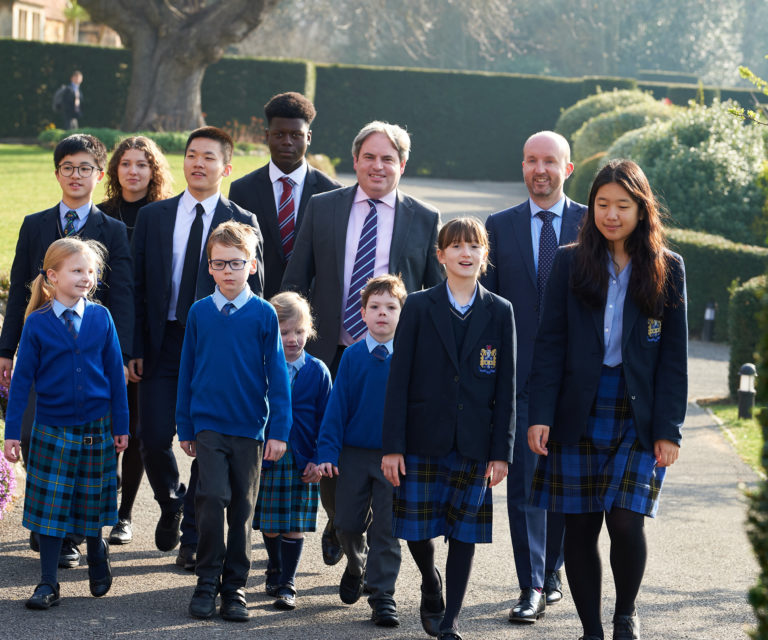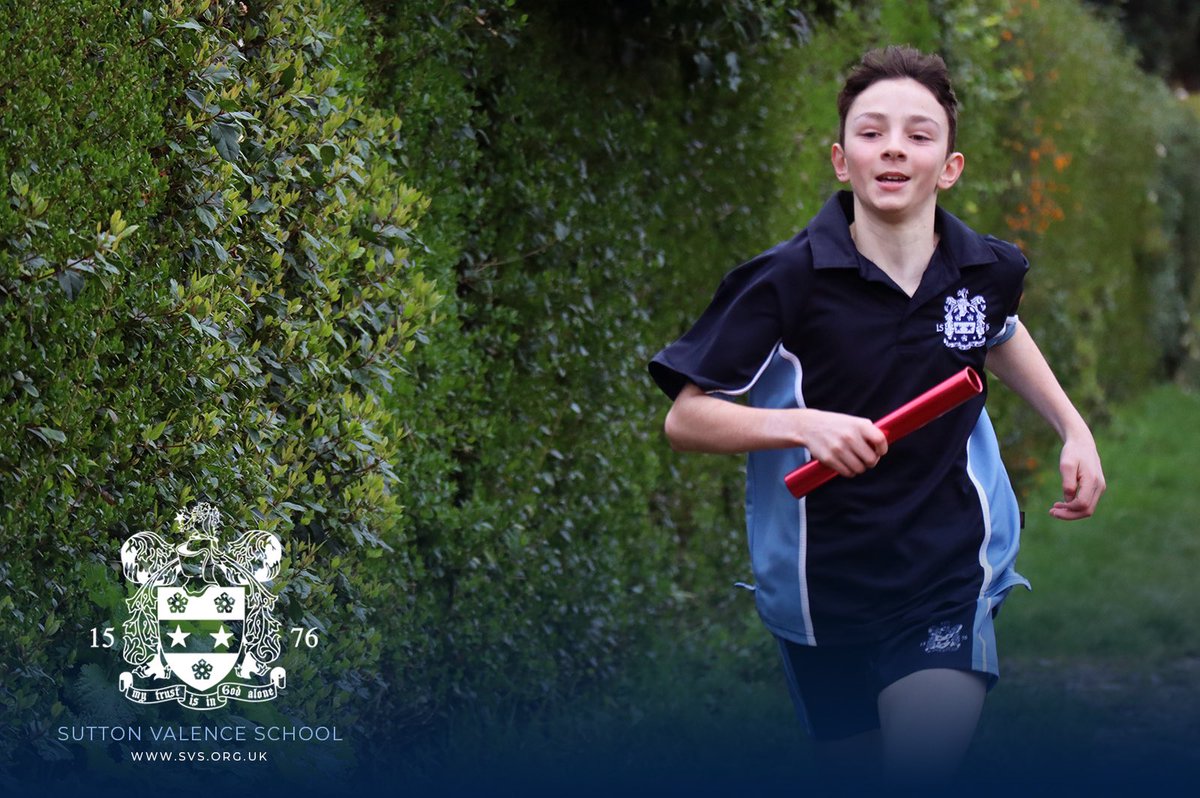According to UNESCO, as a result of the measures taken to stop the spread of Covid-19, more than 1.5 billion learners worldwide are currently unable to go to School or University. This pandemic has forced all of us to cope with some quite major changes to our everyday lives and research shows that children as young as two are aware of the changes around them.
Recently, the Daily Telegraph quoted Dr Skipper, a senior lecturer in psychology, who stated that whilst we know a bit about how adults cope in isolation, there has been little research into how children cope in these circumstances. However, Dr Skipper went on to say that children are ‘typically resilient’ and ‘are likely to come out of the experience with no ill-effects’. Many of my discussions with teachers and parents, in recent weeks, have reiterated these thoughts. I have been completely bowled over by the way in which our children have been showing resilience and adaptability. But, of course, that is not to say we shouldn’t continue to ensure they have the coping mechanisms needed to deal with big life changes. As adults, we know that as we get older, challenges increase and so a key life skill, such as resilience, is vital and continuing to help children to build resilience is to be encouraged. The article went on to identify five areas that are being developed in children during lockdown.
The first of these is responsibility. With all the family at home and parents still working and caring for the family, children are taking more ownership and are helping with age-appropriate chores around the house.
Secondly, many children are making the most of their time outside to take measured risks such as by climbing trees. In many ways, the outside play of children at the moment seems to reflect a bygone era with confidence growing as children play creatively on their walks or in their gardens.
Thirdly, children (and, indeed, adults) are learning to be patient. Nowadays, instant gratification has become the norm but we are all being forced to wait and children are having the opportunity to learn how to cope with boredom!
Another area being developed during lockdown is problem-solving. This is such a key skill and is one we endeavour to provide opportunities for all the time at SVPS. Teachers are, on a daily basis, seeing our children solve a myriad of problems relating to learning virtually and their creative responses to the various challenges being set at this time demonstrates their ability to think outside of the box. Whether this is when designing and making a time machine in Year 1 or coming up with an appropriate Tuesday Challenge in Year 6, we have been hugely impressed but the innovative ideas our children are coming up with and developing during their time at home.
Finally, children are developing their communication skills in a range of different ways. Whilst this is, of course, a difficult time and many adults and children are experiencing feelings of anxiety, learning to communicate in an open and honest way is hugely important for children so they can deal with their feelings and also develop empathy for what other people might be going through.
After over three weeks of hard work in our both our virtual School and in our School for the children of keyworkers, we go onto this bank holiday weekend not knowing exactly what the Prime Minister might announce with regard to the next phase in the UK’s response to the pandemic. In the meantime, though, I do hope you enjoy the next few days, perhaps building on the five areas outlined above, by taking part in the 2.6 Challenge, in aid of the Pahar Trust, along with many others from our community. Events such as this help us to remember that, though apart, we are one community and, wherever we are, we still aim to live out our ethos of ‘each cares for all’.





